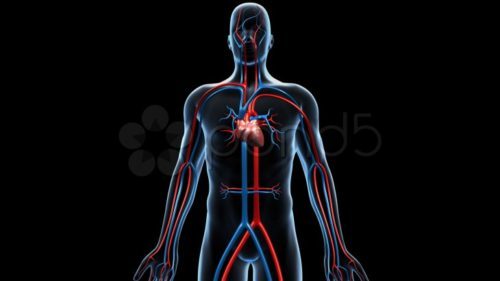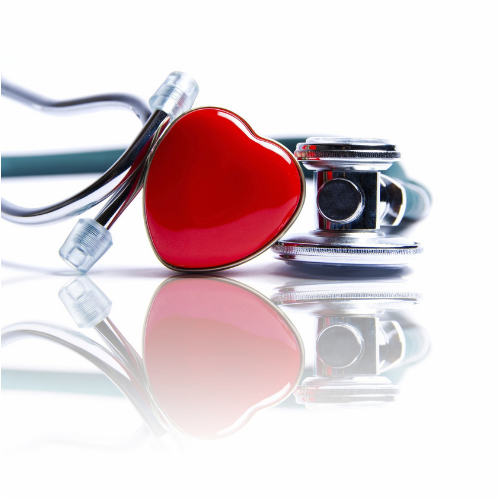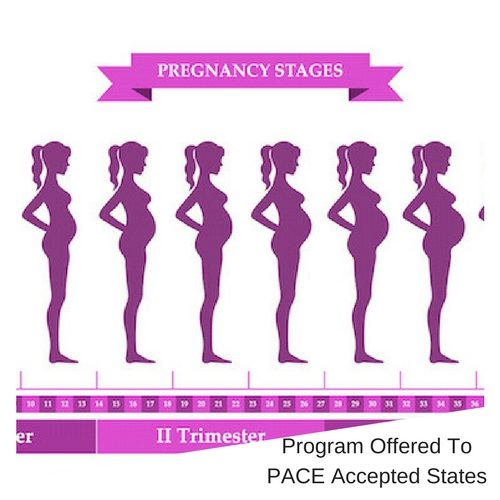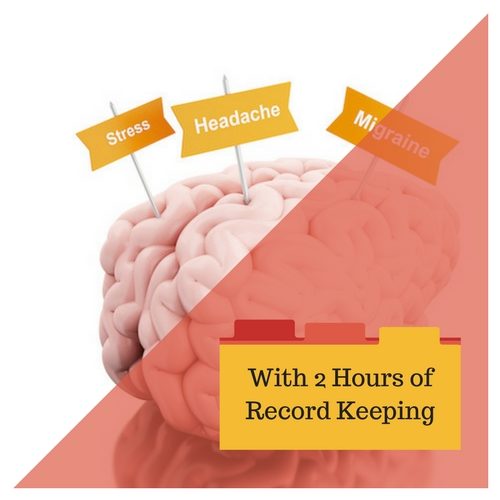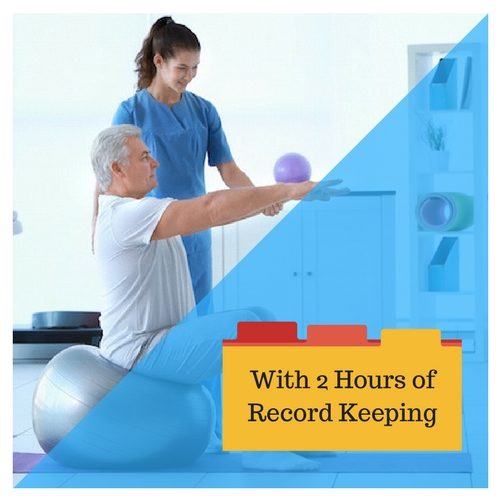6-hour CE Course through Distance Learning
(Program Offered To PACE Accepted States )
(Pace6HR) The Real Science Of Heart Disease
$126.00
Description
OVERVIEW
Attendees will gain a better understanding of what stress really is and how to more effectively work with stress and how stress affects all aspects of a patient’s health. Properly recognizing and working with stress may be what is required for a quicker more complete healing to occur.
You’ll learn how stressors impact brain development altering brain function and structures making effective treatment vital for patients.
We’ll scientifically call into question many of the conventional views of the heart and heart disease. We start by exploring how many scientists have shown that the heart is not a very effective pressure-propulsion pump like we are taught in medical school. We further solidify this argument using the research of Dr. Gerald Pollack of the University of Washington which shows why we don’t really need the heart to be a true pump. We then relate these conclusions to conditions like Congestive Heart Failure, Raynauds Syndrome, and varicose veins.
The later part of the talk is focused on the real causes of heart attacks. The work of Dr. Giorgio Baroldi and Dr. Knut Sroka have shown us that a blockage or clot formation, what is typically thought to cause a heart attack, accounts for a very small percentage of heart attacks. Further, there has been lots of research showing that dietary saturated fat and cholesterol have no correlation with heart disease. This begs the question of what does cause heart attacks. The true cause happens when very specific conditions are met, but it ultimately lies in an imbalance in the function of our Autonomic Nervous System.
Objectives
- Better understanding of the brain and nervous system as it deals with stress and how this may affect their hearts.
- Recognition of common neurophysiological complications.
- Develop a more solid understanding of neurotransmitters and hormones and nutrition and what you may do to help alter these more naturally.
- Strategies that may be used for treatment to help your patients more effectively.
- Better understanding why your treatment works, but sometimes doesn’t work.
- Better forms of neurological interventions such as proprioceptive exercises and more specific adjusting styles for every patient you can immediately use in practice.
This is a 6-hour continuing education course. Each lesson takes at least 50 minutes to complete. An assessment of your subject mastery will be tested with a short quiz throughout the course. Upon completion of all 6 lessons, you will earn 6 CEU’s and a certificate will be provided to verify your completion of the program.

